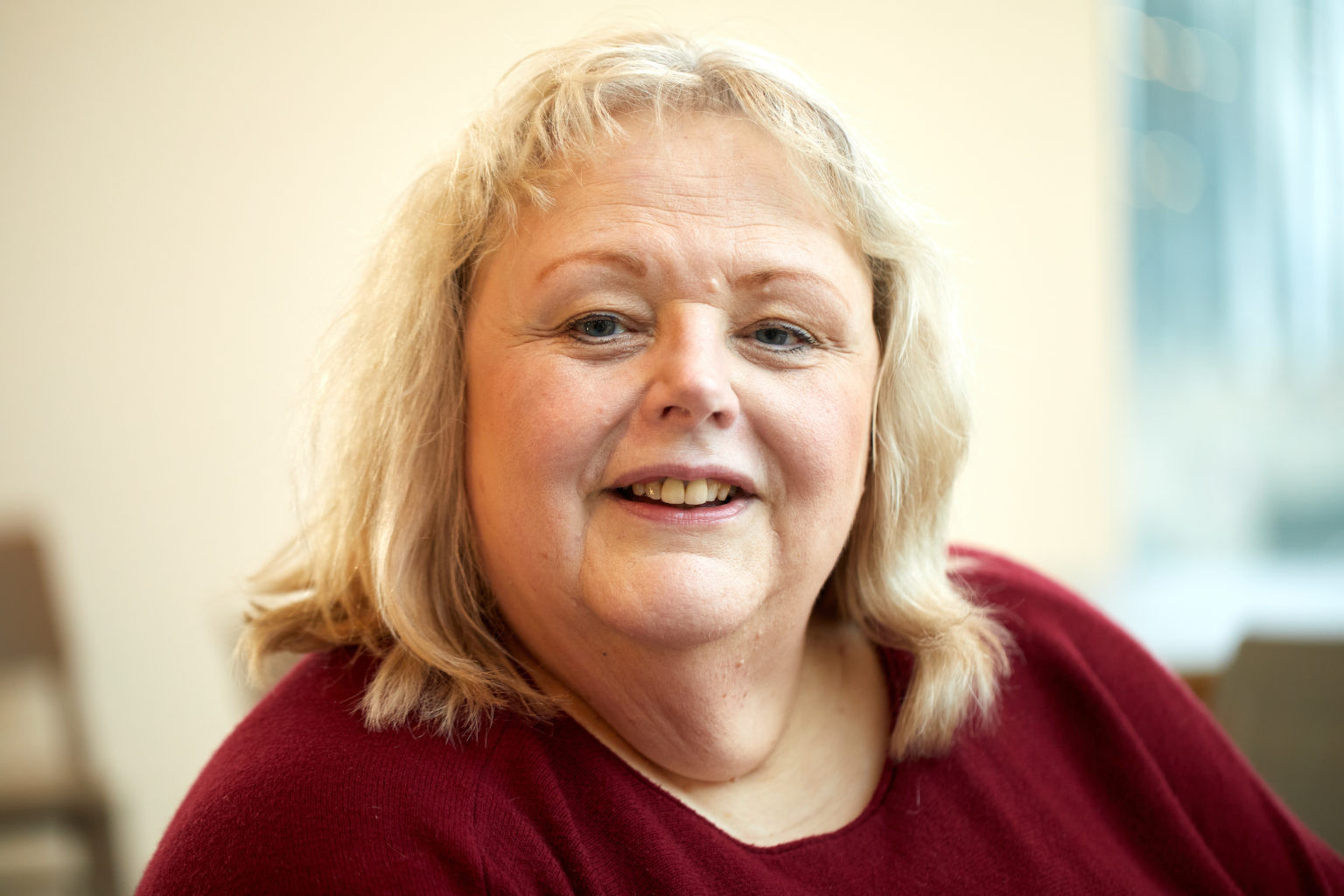
Once I gained access to online archives, I was shocked to find that what I had been told about my paternal great grandfather was not entirely true.
Pam Jarvis
I’ve been a keen family genealogist for the best part of thirty-five years now, and putting everything I know together, it seems that my ancestral background is Scottish, Flemish and Kentish, with a dash of Irish and Scandinavian. My interest in ancestry began with stories told by my grandmother Jessie, who, from her three Scottish grandparents, provided most of my Scottish DNA.
Jessie’s parents met in England. She told me that her father, John, was a Scot from Renfrew, an engineer who had arrived at the Kentish coast seeking work. Her mother, Sophia, was born in Kent, the daughter of Robert, a Scottish Presbyterian from Edinburgh, who had arrived in Kent as an apprentice jeweller, worked his way up to master craftsman, and married a local girl, eventually purchasing a high street jewellery shop.
Fate determined that Robert became the only father figure that Jessie would remember. She was born in 1891, and her father, John, died from influenza in 1893 at the age of twenty-six. Jessie and Sophia returned to the maternal family home, a flat over Robert’s jewellery shop.
Jessie remembered her grandfather Robert as a stern man. Because Sophia worked away from home for long periods of time, Jessie was principally raised by Robert and an unmarried aunt. She particularly disliked the Presbyterian faith in which the household was immersed, and as long as I knew her, would never voluntarily attend church services apart from family celebrations.
As a little girl, I spent a lot of time with Jessie, and she told me some wonderful stories of her Victorian/Edwardian childhood, but there was a lot of missing detail – for example no pictures of her father John or his family. And because she died when I was 10, I never had the opportunity to question her in depth on these points, which probably drew me to ancestral research in the first instance.
Once I gained access to online archives, I was shocked to find that what I had been told about my paternal great grandfather was not entirely true. Birth records turned up the fact that it was his father who had been the engineer who moved his family to Kent in the 1860s, and the census records indicate that they remained there, living only a few miles from Jessie throughout the whole period of her childhood. The birth/marriage records revealed a hidden story of pre-marital pregnancy, near illegitimacy and, given the culture of the time and religious faith, shame.
Despite my efforts, couldn’t get any further with my research. Eventually, I began thinking about writing Jessie’s story in a novel, which would a weave a wholly fictional story together around events in her childhood, filling in the gaps with imagination– a type of photoshopped ‘ancestral selfie’. And then lockdown gave me the perfect opportunity to get the job done.
The novel that emerged– ‘On Time’ touches upon the concept of historical trauma to tell the story of two women who, when suddenly confronted with an unexpected opportunity to travel in time, wrestle with temptation to ‘fix’ things in their ancestral past to prevent family tragedies that shaped the lives of living relatives. It acted as ‘therapy’ for me to deal with the stresses of lockdown, including 2 deaths in my immediate family, and has received some very positive reviews.
I now have some hope that one day, it may also start a trail that will lead me to a descendant of John’s siblings, and most of all that they may have a photograph of him to show me.